Gallery: Kittel and Giant-Shimano on Tour de France reconnaissance in Yorkshire
German says sampling Tour's opening two stages was "well worth the trip"
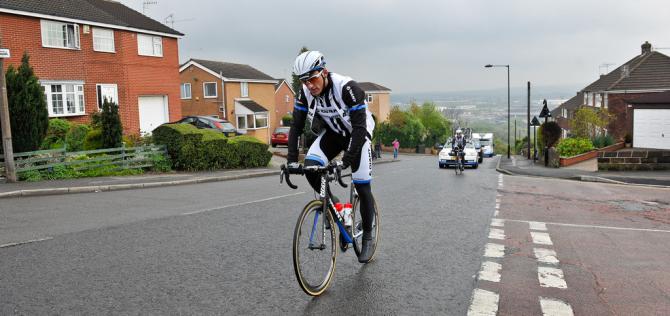
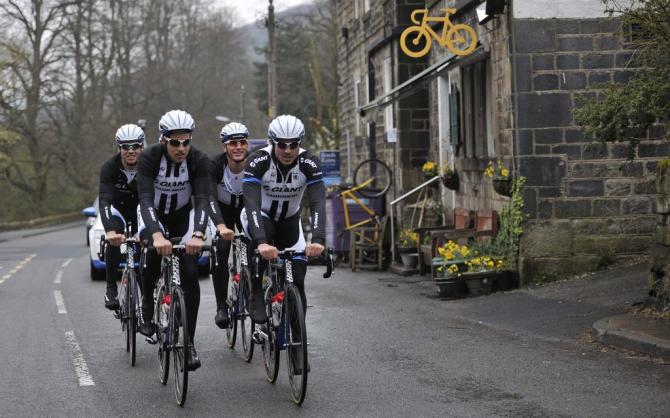
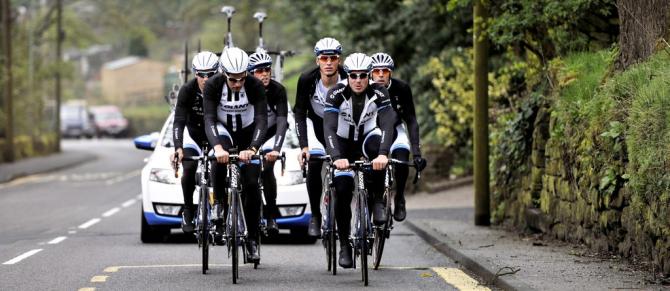
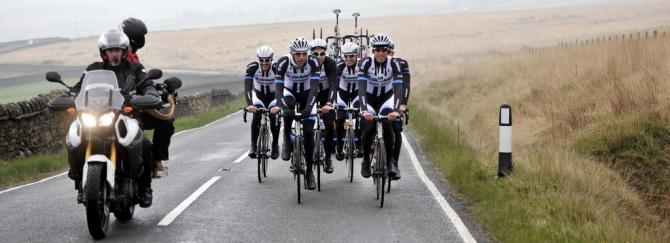
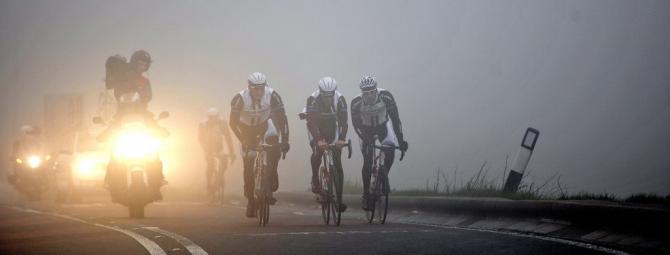
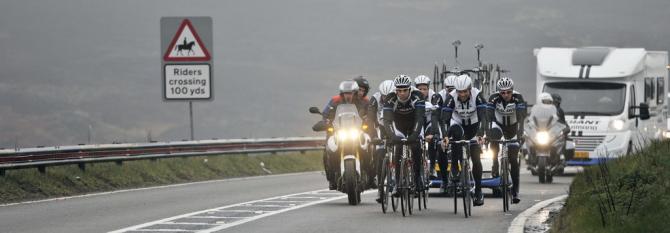
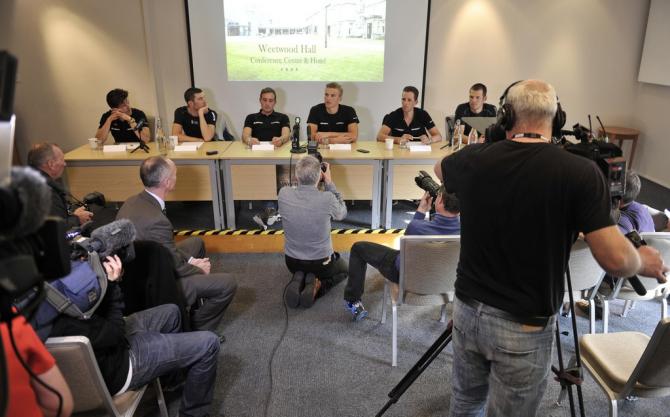

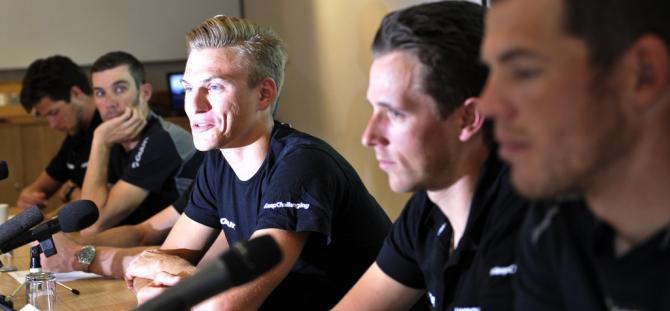
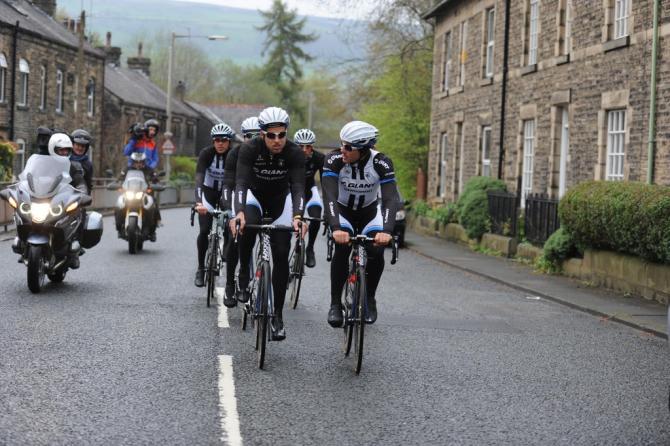
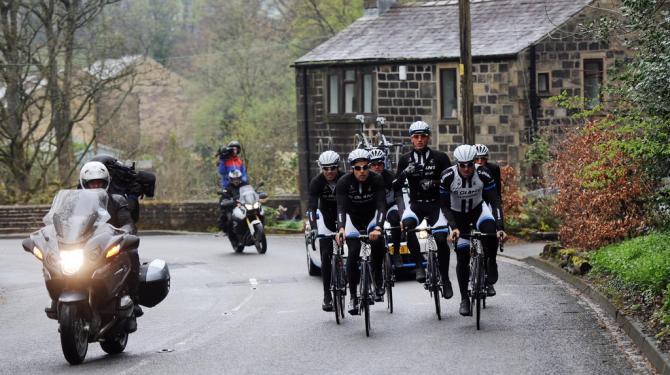

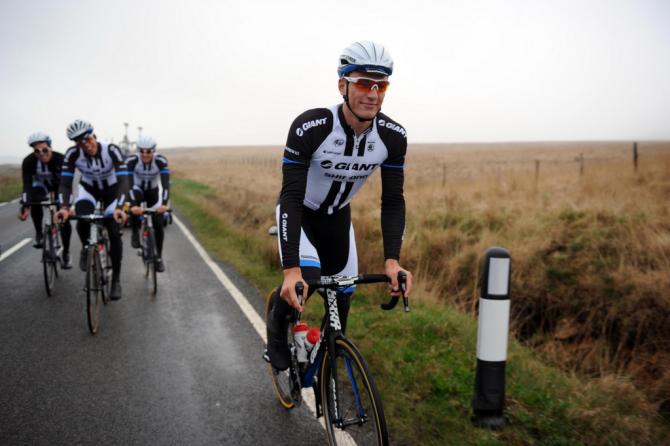

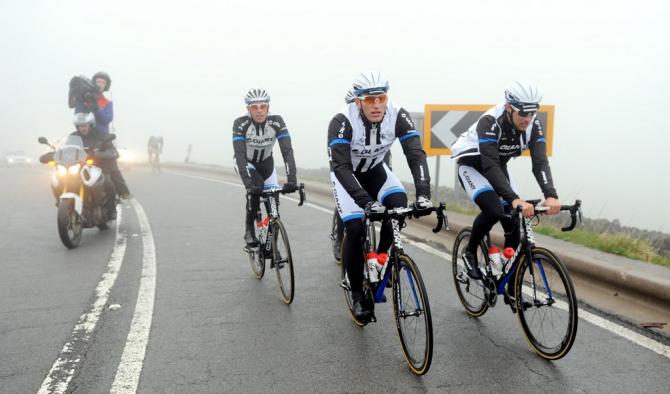
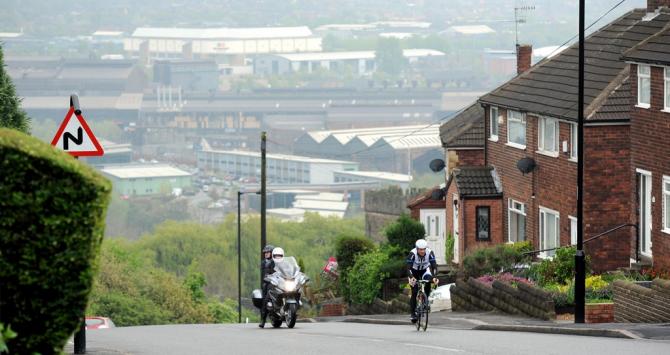
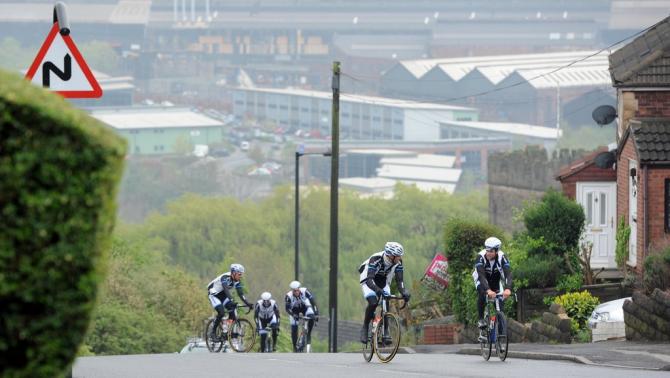

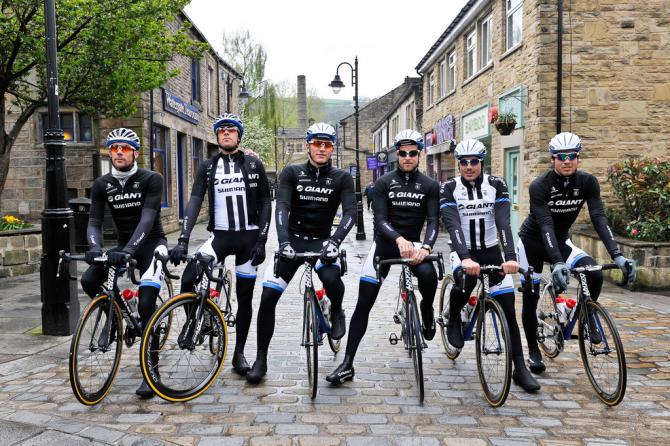
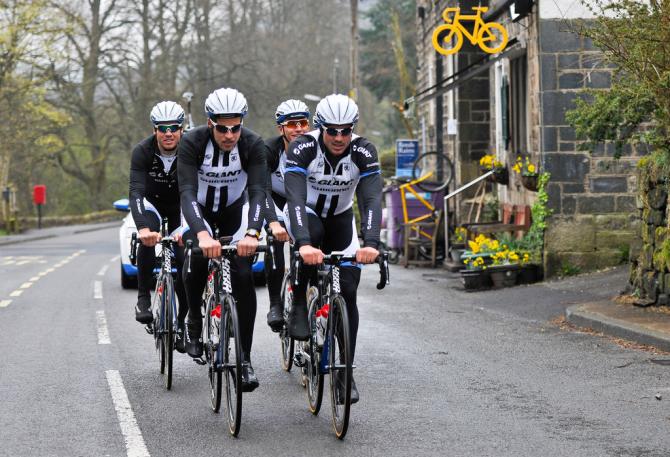
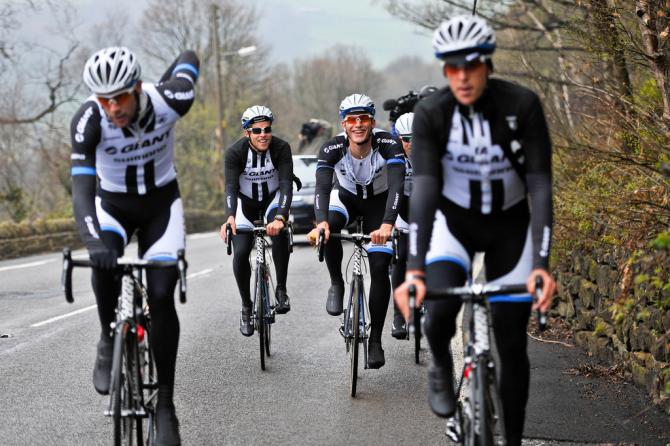
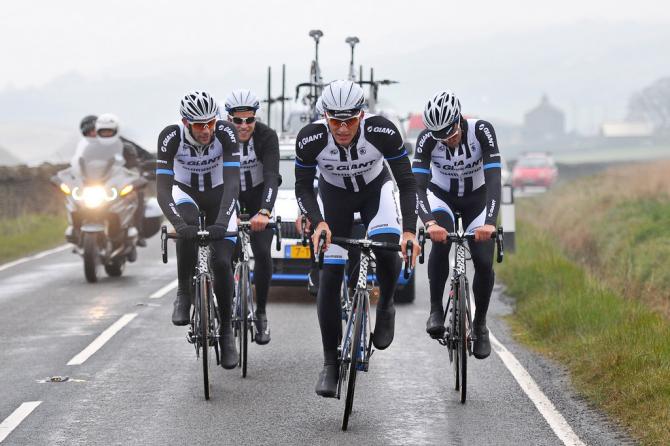
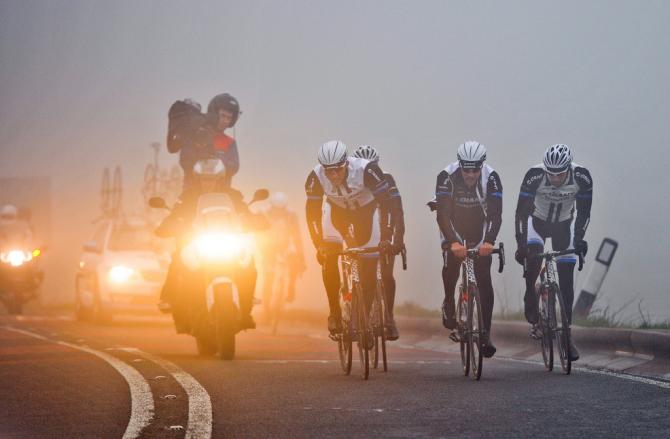
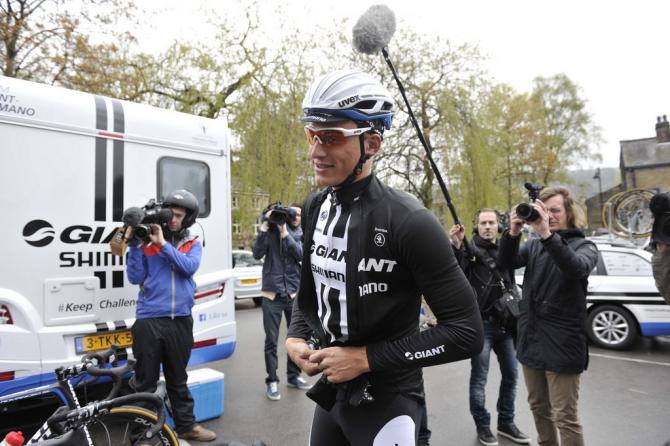
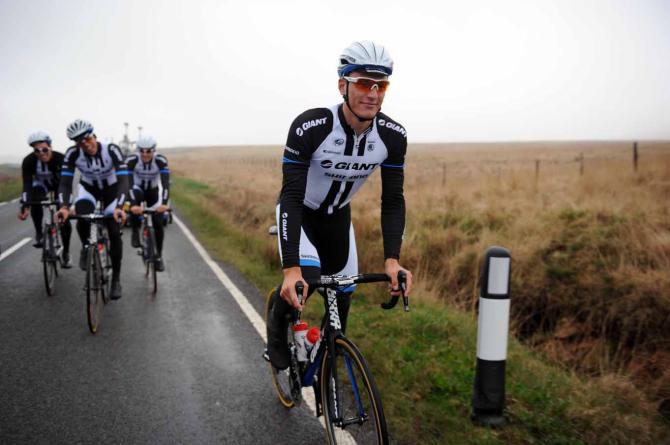
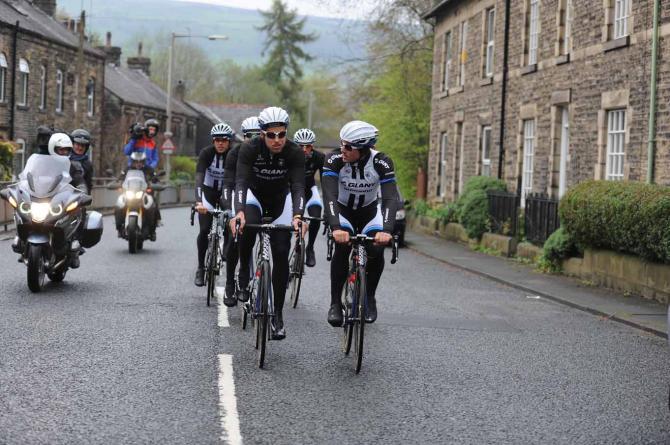
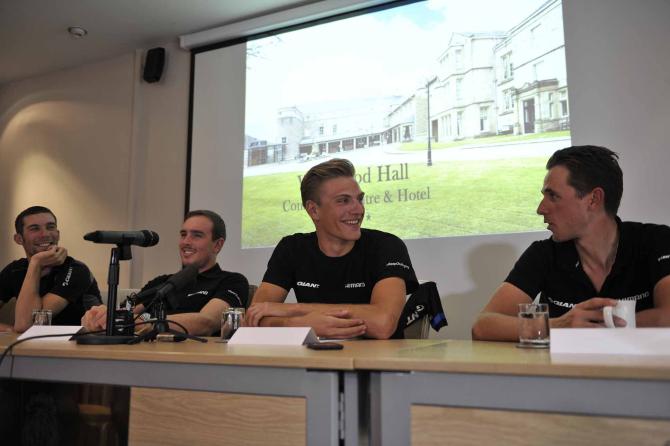
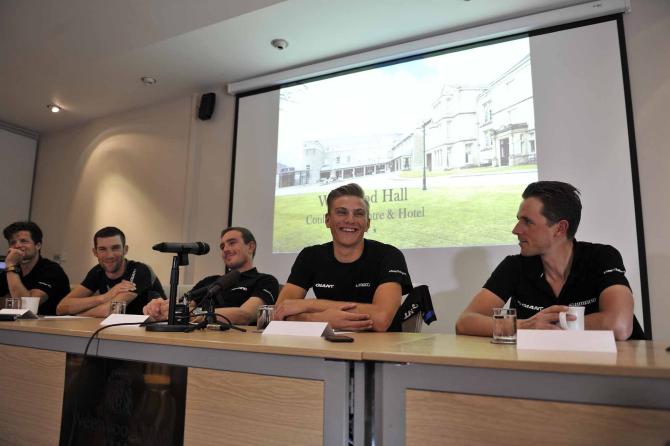
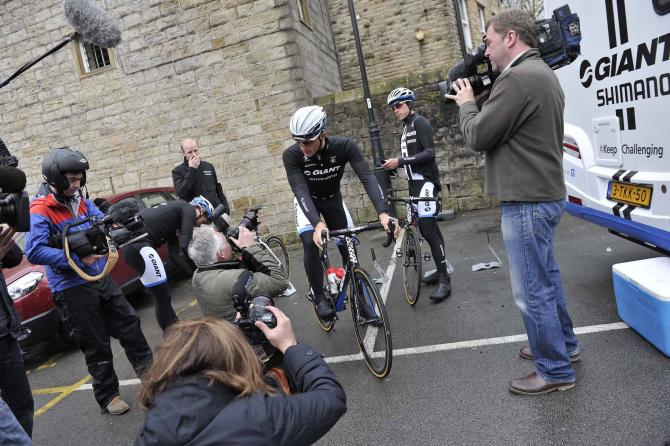
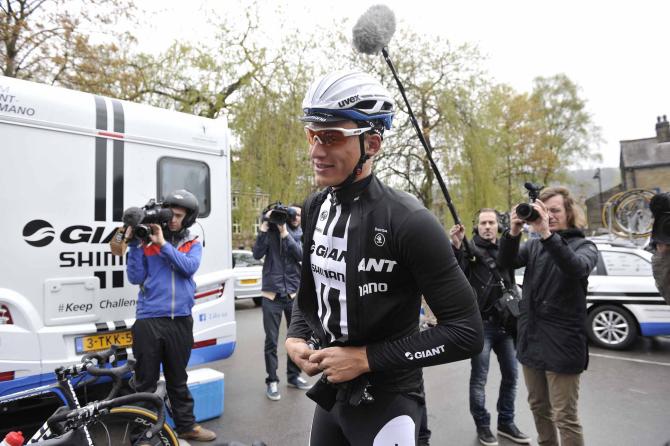
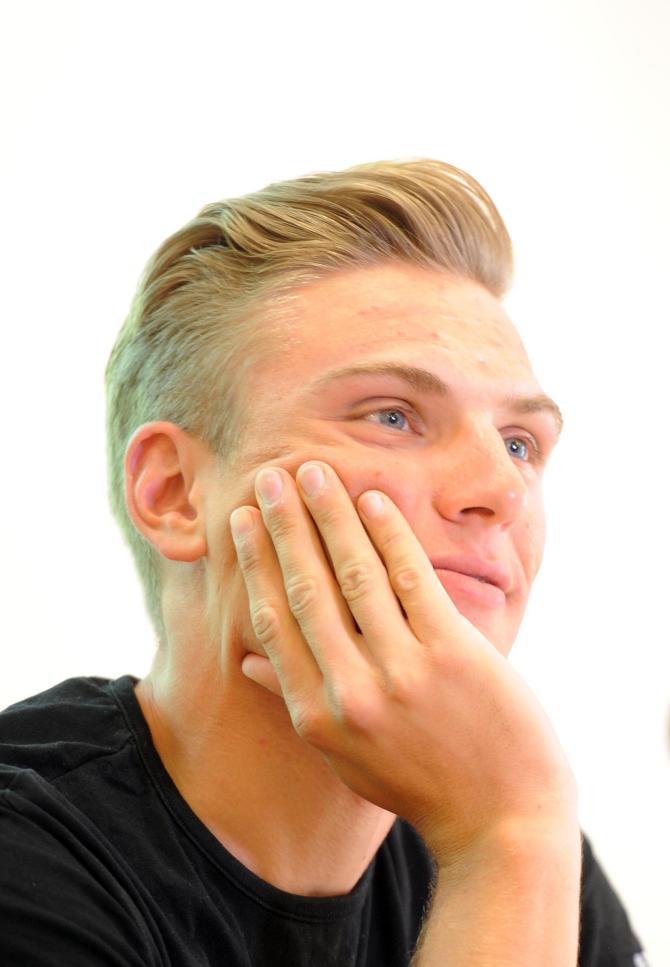
Having spent a day in the yellow jersey following his stage victory on the opening stage of last year's Tour de France, Marcel Kittel has said he is ready to do all he can to repeat that experience when he lines up in what he described as Yorkshire's "big cycling party in July."
Speaking during a four-day recon trip to Yorkshire with five of his Giant-Shimano team-mates, including Paris-Roubaix runner-up John Degenkolb, Kittel said: "Doing a recon like this just underlines the commitment we're making. Our goal is to go for the yellow jersey in the Tour de France and we have to invest some time and energy in achieving that."
The German continued: "Personally, I don't want to have to live with the fact that we didn't get the jersey because we didn't know a climb. I think it's well worth the trip and I think it will help us put together some good team tactics."
The opening stage has been billed as a clash of the sport's sprint titans, and Kittel said that assessment is likely to prove accurate. Having ridden the final 100 kilometres of stage one into Harrogate he said of the parcours: "The last 50km are good, they are flat. Compared to what comes before they are really easy.
"I think the final could be flatter for me as a pure sprinter, but if you survive the last small climb [a kilometre from the line] before the final rise up to the finish you will come up there with a lot of speed. Then it's all about who has saved the most energy."
Asked about this much-anticipated clash, Kittel said, "We will of course take on the challenge of sprinting not only against Cav, but also against André [Greipel]. For Cav, there's special motivation with the start being here in his home country and, of course, he will be highly motivated to win stages here."
Kittel, who revealed that it was his first trip to the UK and that he had been surprised by the positive response he and his team-mates had had on Yorkshire's roads, said the terrain and roads were very different to what he had expected. "There are a lot of hills, it's really not easy. But I still feel that we as a team are well prepared and that we can ensure that the outcome will be different to what everyone here is expecting."
Get The Leadout Newsletter
The latest race content, interviews, features, reviews and expert buying guides, direct to your inbox!
He also had some criticism of the route, saying that there were some dangerous points on both opening stages. "When you are riding on the more remote roads they are very narrow and small with stone walls on both sides. When a very nervous Tour de France peloton fighting for the yellow jersey passes by there could be some dangerous situations," he said, adding: "I don’t think it's worth taking risks by choosing those roads."
Degenkolb, who was back on the bike for the first time since his second place at Roubaix, told Cyclingnews the Tour organisers have not "chosen the safest parcours, but I've come right from the Classics and they're not all that safe either, to be honest. For me roads like these are a little bit more normal." He said that, given good form, he should go well on both stages in Yorkshire.
All six Giant-Shimano riders admitted to being surprised by the difficulty of stage two through the Pennine Hills into Sheffield. "I think I'll wish Chris Froome a lot of good luck for the GC fight that morning," said Kittel, laughing as he did so. "We did 100km today and clocked up 1,600 metres of climbing. If you double that [across the whole stage], then that’s a lot of altitude gained, as much perhaps as in some of the Alpine stages."
When asked about that day's final climb of Jenkin Road, which has a pitch at 33 per cent, Koen de Kort said: "I was considering walking it. It's tough – very steep and pretty long as well. I couldn't believe how it kept going. If the race is not completely broken to pieces before it, then it's certainly going to happen on there. I don't think there will be a very big group at the finish after that."
"I think it's harder than Amstel Gold," he said in response to a question comparing the Dutch Classic with the Sheffield stage. "I think it's even harder than Liège," quipped Degenkolb.
Kittel confessed he had been impressed by the reception he and his team-mates had received while doing their recon. "Everyone has been very polite, even when we've blocked the roads," he said. "When you look around there are banners everywhere, bicycles hanging on walls. I think that's really cool and that in July we'll have a really big cycling party here."
Peter Cossins has written about professional cycling since 1993 and is a contributing editor to Procycling. He is the author of The Monuments: The Grit and the Glory of Cycling's Greatest One-Day Races (Bloomsbury, March 2014) and has translated Christophe Bassons' autobiography, A Clean Break (Bloomsbury, July 2014).